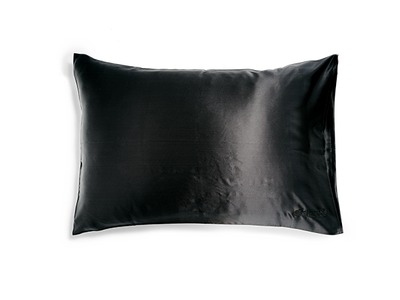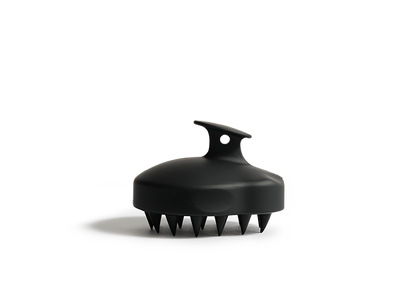What Is Smelly Hair Syndrome?
We all experience bad hair days. When you feel like your appearance looks off, everything seems to go wrong. However, we don’t wake up with an unruly bed head or struggle with styling your hair every day and most of the time we manage to get our hair to look however we want. But for some people with a condition known as “Smelly Hair Syndrome”, a bad hair day is a serious problem that’s embarrassing and can be very uncomfortable.
Like its name, the main symptom for this condition is a horrific odor that comes from the hair and scalp. For some people, the odor emanates a few hours after showering, but in extreme cases, an odor can be noticeable right after showering. To get a sense of what the odor is like, people have compared it to stinky diaper, sour milk or dirty socks. Pretty bothersome, right? Smelly hair syndrome has brought significant negative effects on people’s everyday lives, especially in the social aspects. Well, let’s take a look further into the smelly hair syndrome.
The Causes And Cures
Initially, the symptoms made us wonder if a potential cause of smelly hair syndrome could be due to seborrheic dermatitis. Seborrheic dermatitis causes an increase in oil production and flaky scalp residue. However, the scalp odor is typically not associated with seborrheic dermatitis. Although doctors have not yet been able to identify a definite cause of smelly hair syndrome, there are a few possible reasons that may cause smelly hair syndrome including fungal infections, infrequent washing, and hormonal or metabolic disorders. Generally, oily hair is more prone to this condition because it’s more likely to pick up strong odors and pollutants.
Helping Smelly Hair Syndrome
Without a proper medical explanation of this condition, people are left to figure out the cures themselves. People use medicated shampoos and tea tree-based products because of its antibacterial properties. Meanwhile, others have also tried home remedies such as lemon juice, baking soda, and aloe vera. One simple hair remedy you can do at home is rinsing your hair with baking soda.
Add one teaspoon of baking soda to one cup of water along with a few drops of rosemary oil. Leave it on your scalp for 20 minutes and rinse out with cool water. Out of the many solutions, two ways seem to be the most effective and provide consistent results:
1) Using Dial antibacterial liquid body wash
2) Using sulfur-containing soaps
An antibacterial agent could prevent bacteria from growing, while sulfur can help reduce scalp oiliness, thereby eliminating the "food" that bacteria or fungi need to grow! The two products recommended above contain those properties that minimize the conditions of smelly hair syndrome and may help relieve the symptoms. If you’re still having issues, we recommend visiting a dermatologist who specializes in this field to help you find the best solution.

 The Starter Set
The Starter Set
 Reorder
Reorder
 Silk Pillowcase
Silk Pillowcase
 Scalp Massager
Scalp Massager


